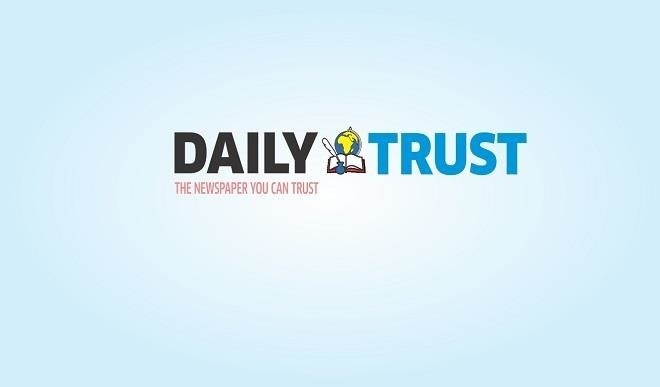With ban upheld, travel industry urges a welcome for tourists
Travel to the United States has declined after President Trump’s initial executive order. Now, after a Supreme Court ruling, companies are emphasizing their commitment to hospitality. The travel industry is hoping to turn the page on a bad public relations chapter in the wake of the Supreme Court decision upholding the travel ban on five […]


Travel to the United States has declined after President Trump’s initial executive order. Now, after a Supreme Court ruling, companies are emphasizing their commitment to hospitality.
The travel industry is hoping to turn the page on a bad public relations chapter in the wake of the Supreme Court decision upholding the travel ban on five Muslim-majority nations as well as North Korea and some travellers from Venezuela.
“The most important thing is the administration has got to change its rhetoric to welcoming legitimate travellers from around the world because the noise has been so loud around this issue that we’ve been hurt in inbound international travel,” said Roger Dow, the president and chief executive officer of the U.S. Travel Association, an industry trade group with members that include hotels, theme parks and airports.
International travel in the United States fell during the earliest days of the Trump administration when the initial travel ban was issued by executive order in January 2017.
According to preliminary figures released in March by the National Travel & Tourism Office at the Department of Commerce, international visitors to the United States in 2017 fell by 3.8 percent to 54.9 million. The office has not released 2018 figures because of what it says is an undercount of the previous two years, which it says it is working to correct.
Still, other measures confirmed the decline in international travel. In a preliminary release of figures by the United Nations World Trade Organization, international tourism grew globally by 7 percent in 2017, but grew only by 3 percent in North America. It noted that losses in the United States were offset by gains in Canada and Mexico.
The airfare prediction app Hopper found that flight searches to the United States from outside of the country have fallen 12 percent since the 2016 presidential election.
Mr. Dow of the U.S. Travel Association estimated the loss of foreign travelers at less than 2 percent, which represents about $32 billion in spending.
The travel ban isn’t the only reason inbound international tourism has taken a hit in the United States, industry analysts say. Contributing factors include the strength of the dollar, which made travel to the United States more expensive, and the rise of low-cost airlines within Europe in particular that made travel there more attractive, they say.
Inbound travel spending is considered an export and at $245 billion, according to the U.S. Travel Association, it represents the second largest industry export after transportation equipment, such as airplanes. Subtracting the $161 billion Americans spend traveling abroad, the country currently has a $84 billion trade surplus in travel.
According to the Commerce Department’s tourism office, the Middle East accounted for 3.5 percent of inbound international tourism in 2016, or about 1.3 million, and none of the countries covered by the ban with the exception of Venezuela is among the top 20 tourism markets coming to the United States. (The Muslim-majority countries are Syria, Iran, Yemen, Libya and Somalia.)
With renewed attention to it, travel companies are pivoting from expressions of concern to those of welcome aimed at reassuring international travellers across the spectrum of nationality and religion.
“While inbound travel into the United States is down, we are optimistic that this trend can and will turnaround,” wrote Leigh Barnes, the regional director for North America at Intrepid Travel, which offers tours around the world.
“The U.S. government has been the source of a lot negative media attention this year, but it is the responsibility of the travel industry to continue to stand for open borders, inclusivity and the celebration of diversity, despite what is happening in the political world,” Mr. Barnes wrote.
The company would not say how much its United States business is down, but last September it said tours within the country were off by 24 percent compared to the previous year.
Other industry leaders acknowledged the need for border security while maintaining their commitment to hospitality.
In a statement, Hilton Hotels said: “As a company that hires employees and welcomes guests from all over the world, we recognize the need to balance safety and security with the unwavering hospitality that is at the core of our industry. We are talking to the Administration, Congress, and the broader travel community with the goal of developing smart policies that strike the right balance between encouraging hospitality and enhancing national security.”
Others were more outspoken. The shared accommodations company Airbnb, which operates in over 191 countries, said its business had not been affected by the tumult, neither at home nor abroad, and did not expect the Supreme Court decision to impact its future business. Still, the company, which has criticized the administration, most famously in a Super Bowl ad in 2017 with the theme “we all belong” depicting a diverse group of people, has been speaking out against the Supreme Court decision.
Source:www.nytimes.com
